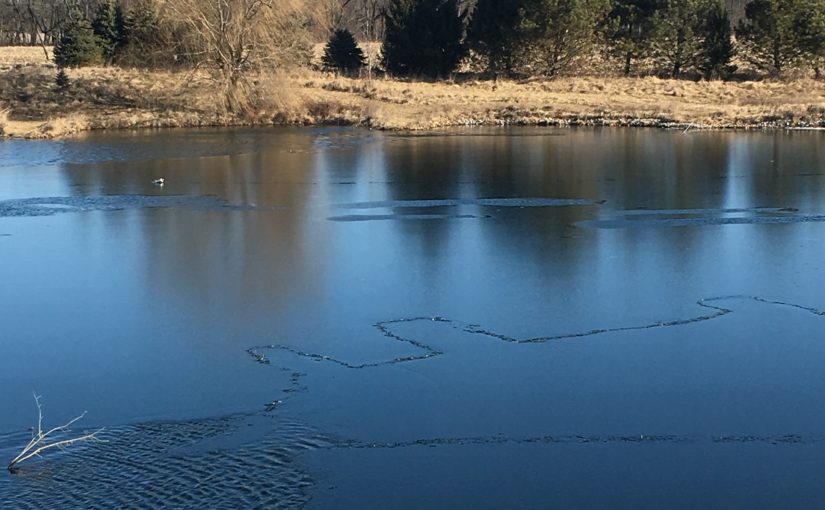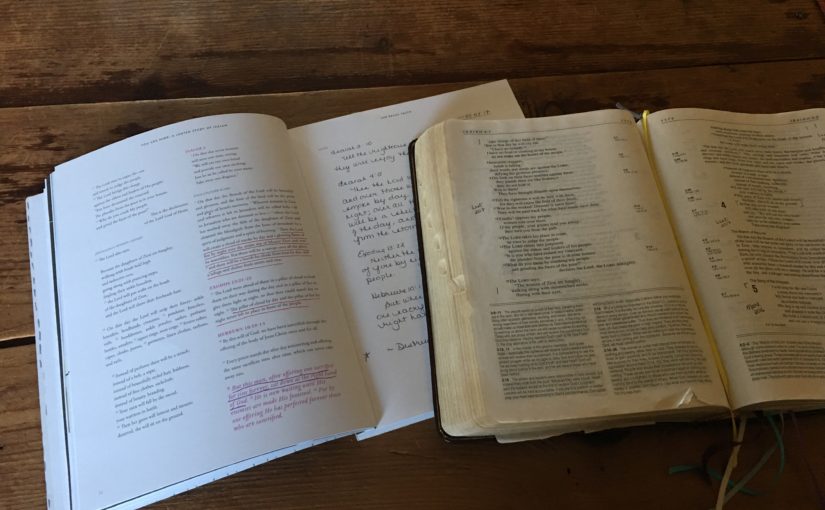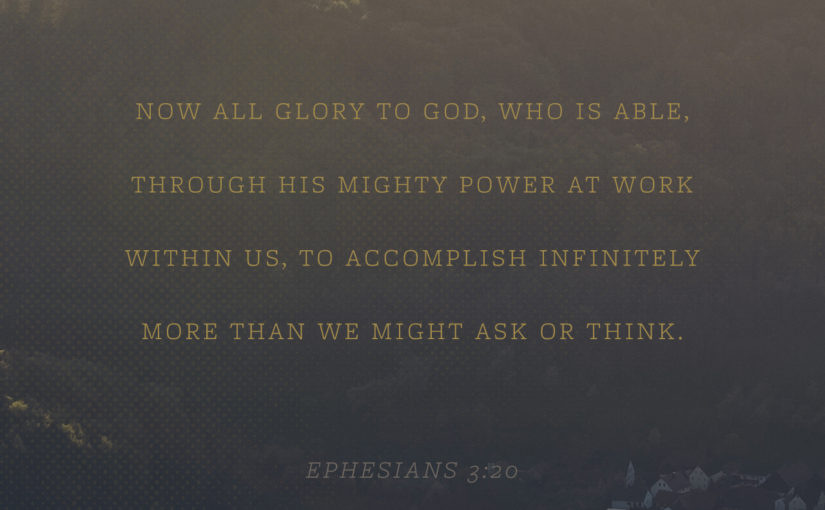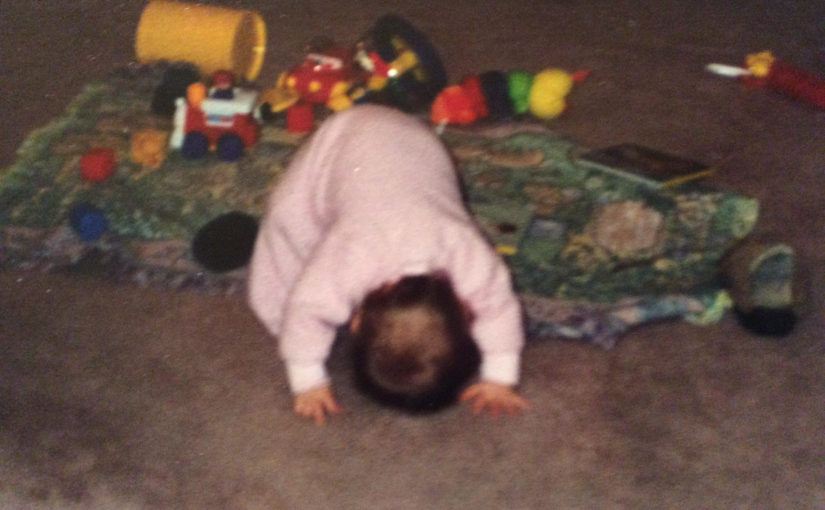Fully known. How do those words make you feel? Peaceful? Anxious? Calm? Ashamed? All of the above, maybe? Does it depend on the situation, or maybe the person? In John 8, our reading for today, Jesus makes it very clear that He knows the people around Him. And not only does He know them, He FULLY KNOWS them, He knows their thoughts, even when they don’t speak them aloud. He knows their actions, even before they take them. He knows them better than they know themselves. He knows their hearts.
Sometimes, Jesus reveals His knowledge of the people around Him in subtle ways. For example, when He speaks to the crowd who accuses the woman of adultery, He says, “Let him who is without sin among you be the first to throw a stone at her.” (John 8:7) Jesus knew that each of the accusers was a sinner. Yet He didn’t need to call each person out on his individual, specific sin to make His point clear. When the crowd heard His words, “they went away one by one.” (John 8:9) Likewise, in his conversation with the woman accused of adultery, Jesus did not need to name her sin to make His point. He simply says to her, “…go, and from now on sin no more.” (John 8: 11) Simple, and subtle.
Later in John 8, however, Jesus reveals to the Pharisees that He knows them as well, and this time, He is less subtle. In fact, He does not hesitate to name their sins. Here are several examples:
– He knew that the Pharisees judged according to the flesh (John 8:15)
– He knew that the Pharisees sought to kill Him, and He knew why – because His word had found no place in them (John 8:37) and because they couldn’t bear to hear His word (John 8:43)
– He knew that the Pharisees did not believe Him (John 8:45)
– He knew that the Pharisees did not know God (John 8:55)
Not only does Jesus know the adulterous woman’s heart and the hearts of the Pharisees. He also knows our hearts, yours and mine. David confirms this in Psalm 139:1-4: “O Lord, you have searched me and known me! You know when I sit down and when I rise up; you discern my thoughts from afar. You search out my path and my lying down and are acquainted with all my ways. Even before a word is on my tongue, behold, O Lord, you know it altogether.” I think that David’s tone here is not one of embarrassment but one of relief. He sounds thankful to be fully known by his Creator – and in this, David serves as a good example for us.
We, too, can give thanks that our God fully knows us and wants to have a relationship with us. Any relationship deepens as we allow ourselves to be fully known by the other person, and our relationship with Jesus is no different. Furthermore, relationships strengthen when we ourselves seek to more deeply know the other person as well. Jesus, too, wants us to seek to know Him better. I pray that the fact that we are fully known by our Creator gives us not anxiety and shame, but peace and comfort. And I pray that we would seek to know Him better as we rest in the security that we are fully known, and fully loved.








